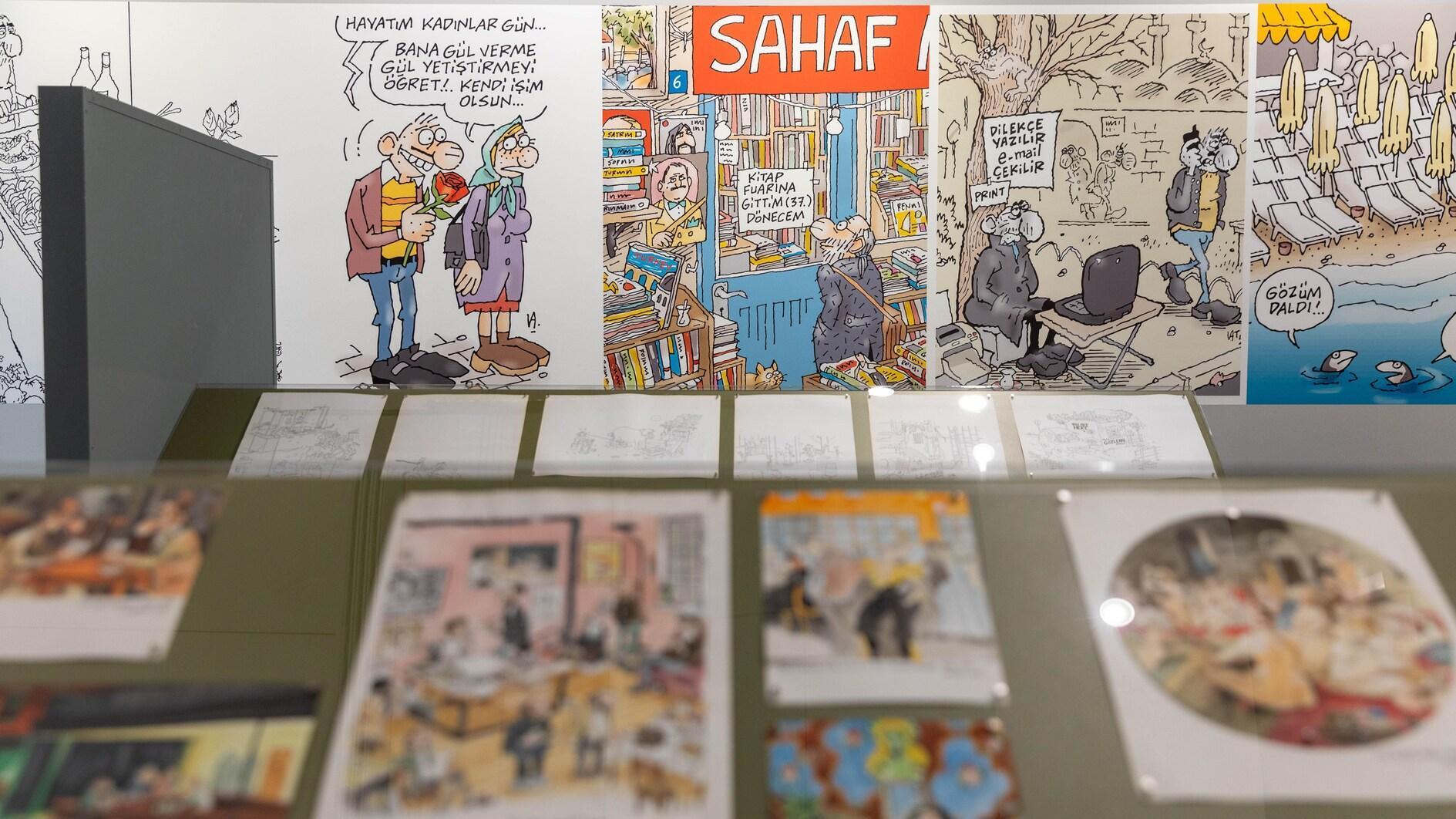Who says Turkey is unpredictable?
Turkey has gained notoriety for being unpredictable. Not always. Take, for instance, this micro chronology, starting with your columnist’s lines of curiosity, and related events afterwards:
2006: “The scenes from soldiers’ funerals since 1984 have invariably depicted mourners who are just ordinary people – farmers and villagers, small shop owners, pensioners, civil servants of lower ranks and the jobless….
“Yet for some very bizarre coincidence, not a single important Turk has lost a son in the fight against the PKK [the outlawed Kurdistan Workers’ Party], or has had a son wounded. Not a single cabinet minister, member of parliament, senior bureaucrat, mayor, judge, general, wealthy businessman, corporate executive, celebrity, media director, newspaper columnist, police chief, well-known doctor or lawyer...” “Great Turkish lies,” Hürriyet Daily News, Sept. 6, 2006.
2009: Conscript Barış Gözen accidentally shoots himself at his barracks in northern Cyprus. The bullet destroyed his spinal cord. He was 21. Medical reports verified that “he was in need of lifetime medical support” and that “he was 100 percent disabled.”
The totally paralyzed Mr. Gözen, not even able to sign papers, was prosecuted by the military for “making himself unfit to do his military service” and for “disobeying orders.” The prosecution also ordered Mr. Gözen to pay 1.85 Turkish Liras (about 60 U.S. cents) for the bullet he accidentally shot himself with.
Oct. 17, 2014: “[We cannot allow a system] where the poor boy is drafted and the son of the rich man is exempted because he can pay for it,” Prime Minister Ahmet Davutoğlu says in explaining why the system of paid exemption from conscription would be halted.
Nov. 15, 2014: “There is significant demand for paid exemption. We are assessing the situation,” Mr. Davutoğlu says, shortly before he signed a paid exemption law.
May 20, 2015: “If a state is mighty but not compassionate, that state will [sooner or later] become a tyrant [state],” Mr. Davutoğlu intones.
Aug. 18, 2015: “Our army has been the guardian of justice and order with its torch of civilization on three continents for over more than 1,000 years,” harps General Hulusi Akar, chief of the military General Staff.
Aug 23, 2015: Lt. Col. Mehmet Alkan, the elder brother of slain army captain Ali Alkan, who was killed after PKK militants attacked a military outpost, targets [unnamed] politicians during his brother’s funeral ceremony and, like everyone else, questions the reasons behind the latest outbreaks of violence. “Why do those who have been saying ‘solution’ [to the Kurdish dispute, implying the government] forever now say war?” he asks. “Who is his murderer?” Immediately afterwards, the Gendarmerie General Command launched disciplinary action into what Lt. Col. Alkan said on possibly the worst day of his life.
Aug. 29, 2015: A non-commissioned female officer, accompanying the mother of a killed soldier during his funeral, says rich people would not become soldiers or become martyrs, while trying to soothe the mother’s pain. Trying to comfort the mourning mother of the fallen soldier, the officer said: “Aunty, don’t I know? Do the rich become soldiers? No. The rich don’t become soldiers or martyrs.”
Sept. 2, 2015: Kazım İpek, the elderly relative of a soldier killed last month in an attack by the PKK, is arrested by a Turkish court for “insulting President Recep Tayyip Erdoğan.”
Another relative, Ömer Bulur, is also being investigated for “being a member of a terrorist organization, discouraging people from the military service and insulting statesmen” for his remarks at the funeral: “They’re setting brother against brother. I sent my young brother [to the military], and I’m taking his remains … [Mr. President] is the one that put this young person [in the grave].”
Now you can forget every other entry in this micro chronology. Except the PM’s “[We cannot allow a system] where the poor boy is drafted and the son of the rich man is exempted because he can pay for it.” You can as well mark the word “justice” in the top commander’s line, if you wish to. Even better, you can blend both and have a fancier line.










